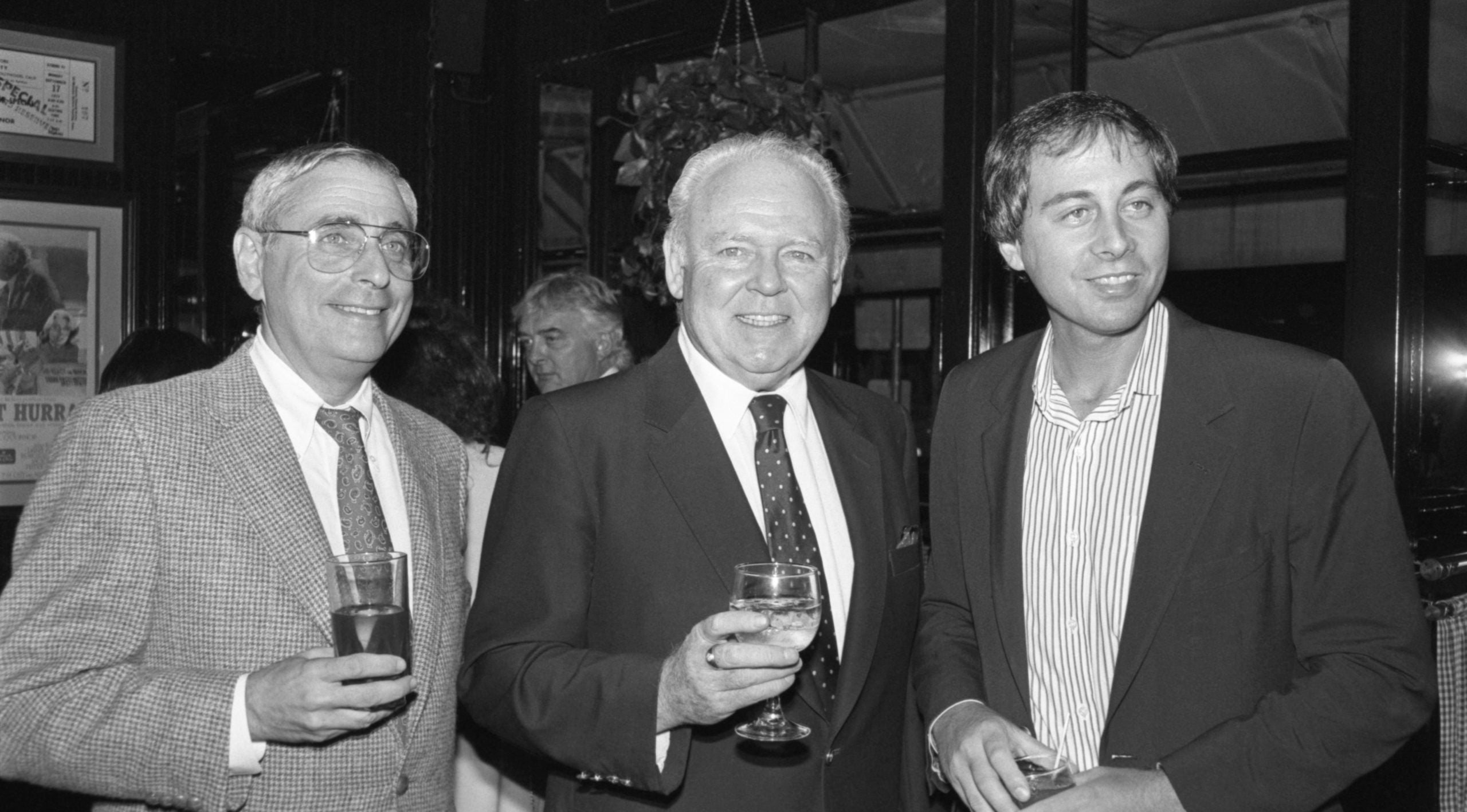Fred Silverman, TV master of spin-offs, dies at 82
LOS ANGELES (AP) — Fred Silverman, the only TV executive who steered programming for each of the Big Three broadcast networks and who brought “All in the Family,” “Roots,” “Hawaii Five-O” and other hit series and miniseries to television during his more than three-decade career, died Thursday. He was 82.
Silverman, who had been battling cancer, died at his home in the Pacific Palisades area of Los Angeles, family spokesperson Julia Rosen said Thursday. Family members were with him, Rosen said.
Silverman’s gift for picking shows that resonated with viewers — if not always TV critics — prompted Time magazine to dub him “The Man with the Golden Gut” in a 1977 profile. As ABC’s entertainment chief, Silverman had turned the network’s fortunes around with shows including “Roots,” “Rich Man, Poor Man” and “Charlie’s Angels.”
He had already brought success to CBS with an overhaul that included the end of country-themed series including “Petticoat Junction” and “Green Acres” and a pivot to what advertisers considered more upscale and urban fare, including “The Mary Tyler Moore Show,” “The Bob Newhart Show” and “Mannix.”’
“Fred Silverman was a titan of the media industry and an influence on so many. His impact on television was incalculable,” CBS Entertainment President Kelly Kahl said in a statement.
Silverman failed to bring along his ratings prowess when he moved to NBC as network CEO and president, with “Diff’rent Strokes” among the exceptions.
A native of New York City, Silverman started his post-college career in local television in Chicago and New York. He joined CBS in 1963 and became vice president for programming in 1970, building a schedule that eventually included “All in the Family,” “M-A-S-H,” “Kojak” and, uncharacteristically, “The Waltons,” about a family in Virginia’s Blue Ridge Mountains circa the 1930s.
He mastered the art of the spin-off at CBS: “All in the Family” begat “Maude” and “The Jeffersons,” “Maude” begat “Good Times,” and “The Mary Tyler Moore Show” begat “Rhoda,”
When he became ABC Entertainment president in the mid-1970s, Silverman introduced the “Happy Days” spin-off “Laverne & Shirley” and the “Six Million Dollar Man” derivative “The Bionic Woman” to the schedule. His original hits ranged from the groundbreaking miniseries “Roots” to “Charlie’s Angels.” The latter, grouped with other ABC shows featuring women with relatively revealing outfits, earned the derogatory moniker “jiggle TV.”
Moving to NBC in the late 1970s, Silverman fielded a mix of flops (“Pink Lady,” “Hello, Larry”) and successes (“Hill Street Blues,” the miniseries “Shogun,” “The Facts of Life”) and proved unable to fulfill his vow to make it the top-rated network.
His struggles at NBC were famously mocked in a 1980 “Weekend Update” segment on the network’s own “Saturday Night Live” when Al Franken, the former U.S. senator who was then one of the show’s writers, declared Silverman a “lame-o with a limo” who commuted to NBC’s New York headquarters by limousine despite the network not having a single hit show.
Franken asked viewers to send postcards to Silverman’s office declaring that it was Franken who deserved the limo. Thousands did so, and the executive, who reportedly did not know the segment was airing, was said to be furious.
After leaving NBC in 1981, Silverman formed his own company whose productions and co-productions included the “Perry Mason” TV movies, “Matlock,” “Jake and the Fatman” and “Diagnosis: Murder.”
Silverman had a son and daughter with his wife, Catherine Kihn.
AP researcher Jennifer Farrar and AP Writer John Rogers contributed to this report.
